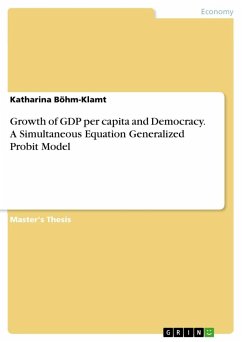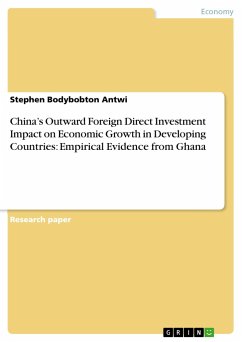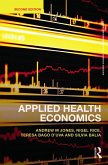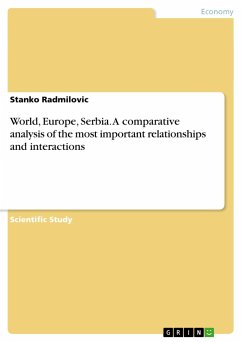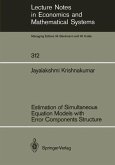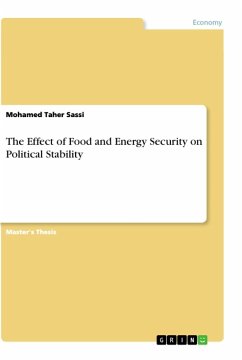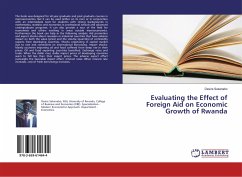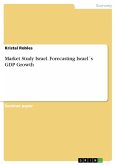Master's Thesis from the year 2015 in the subject Economics - Economic Cycle and Growth, grade: 1, Vienna University of Economics and Business (Institut für Makroökonomie), language: English, abstract: The paper examines a potential reverse causality between the growth of GDP per capita and Democracy (data from Policy IV project). Therefore, a simultaneous equation generalized probit model is used. In the first step, the model is estimated under the assumption that the relationship between economic growth and democracy is linear and in the second step under the assumption the relationship is quadratic. Additional exogenous variables are the degree of urbanization, the age of the regime and the percentage of non-fuel exports in total exports. Further, the influence of religion is taken into account, whereby religion and ethnicity are distinguished. It is observed that the ethnical fragmentation has the opposite effect of religious fragmentation. The outcomes suggest that economicgrowth and the degree of a country´s democratization indeed are mutually dependent and should not be treated as independent. Additional the outcomes confirm the idea that the relationship between growth and democracy is quadratic.
Hinweis: Dieser Artikel kann nur an eine deutsche Lieferadresse ausgeliefert werden.
Hinweis: Dieser Artikel kann nur an eine deutsche Lieferadresse ausgeliefert werden.

